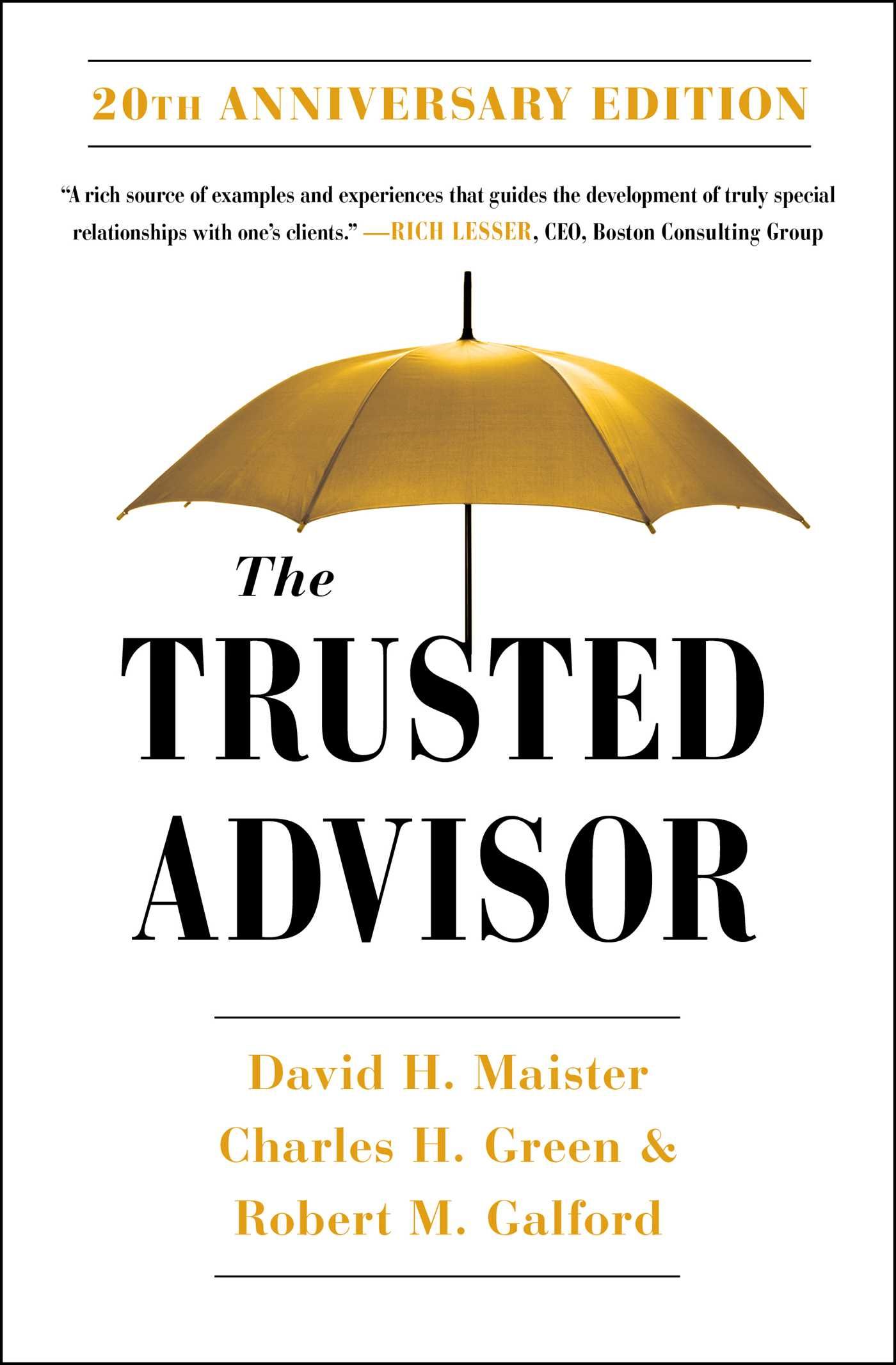Why You Should Model Superior Listening Skills for Your People

In his modern-day business classic, ‘The Trusted Advisor’, master consultant David Maister observes that, on average, “business people can pay attention for no more than 30 to 60 seconds without being distracted by an unrelated thought.”
But why is it that we don’t we listen more?
In ‘The Good Listener’, its author, Australian psychologist and social researcher, Hugh Mackay, writes:
“Impatience is one of the great barriers to listening. If we are going to listen to other people, then we are going to have to develop reserves of patience which will allow us to hear them out, and even to discuss with them what they have said, rather than rushing in with statements of our own.
“When it comes to listening, patience is the cardinal virtue.”
And there you have it, in one very small, very concise nutshell. Except that I would add one more reason: Plain lack of interest in the other party.
But when you’re an organisation’s senior-most leader or one of them, you can’t afford to be either impatient with, or suffer from a lack of interest in, your conversational partners. Truth is, though, neither can any member of your frontline personnel . . . from your call centre staff or contractors, right through to your head of business development.
Conversely, because poor listening skills are so common, the pay-off for improvement (and even becoming exemplary) in this area, are manifold.
The author of ‘Contagious Optimism’, David Mezzapelle, observes:
“When you listen, you open up your ability to take in more knowledge versus blocking the world with your words or your distracting thoughts.
“You are also demonstrating confidence, and respect for others.”
So . . . if you want your enterprise to reap the benefits of smarter, sharper, and stronger client relationships, simply listen more, listen more intently, and teach your entire organisational team to do the same.
I write about this extensively in my flagship book, 'THINK & WIN BIDS: Winning High-Value, High-Stakes Bids through Superior Questioning, Listening and Thinking Skills.'
THINK AND WIN BIDS
Winning High-Value, High-Stakes Bids through Superior Questioning, Listening and Thinking Skills




